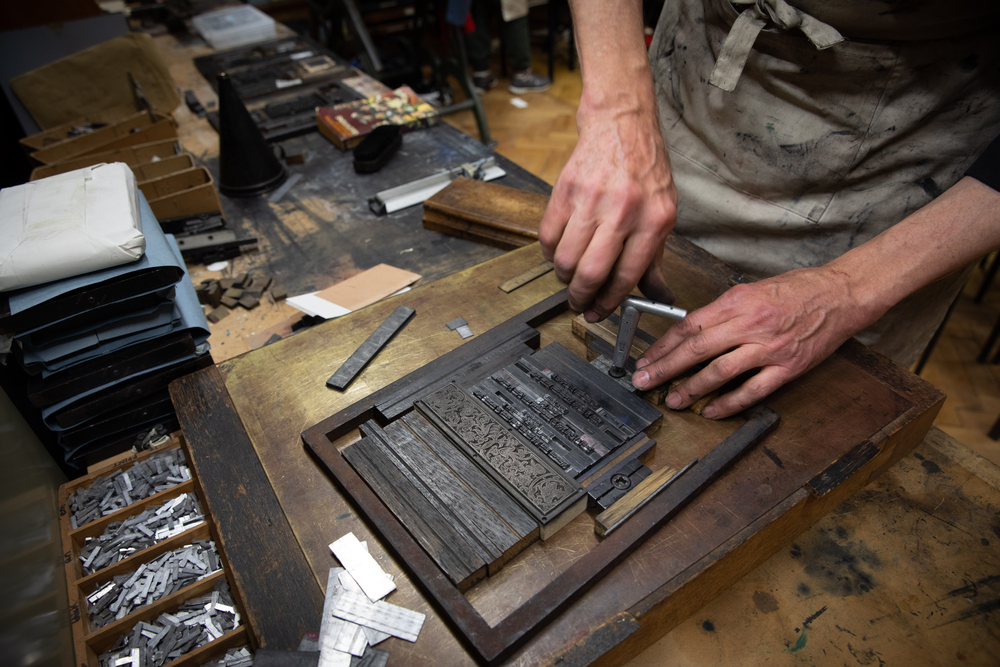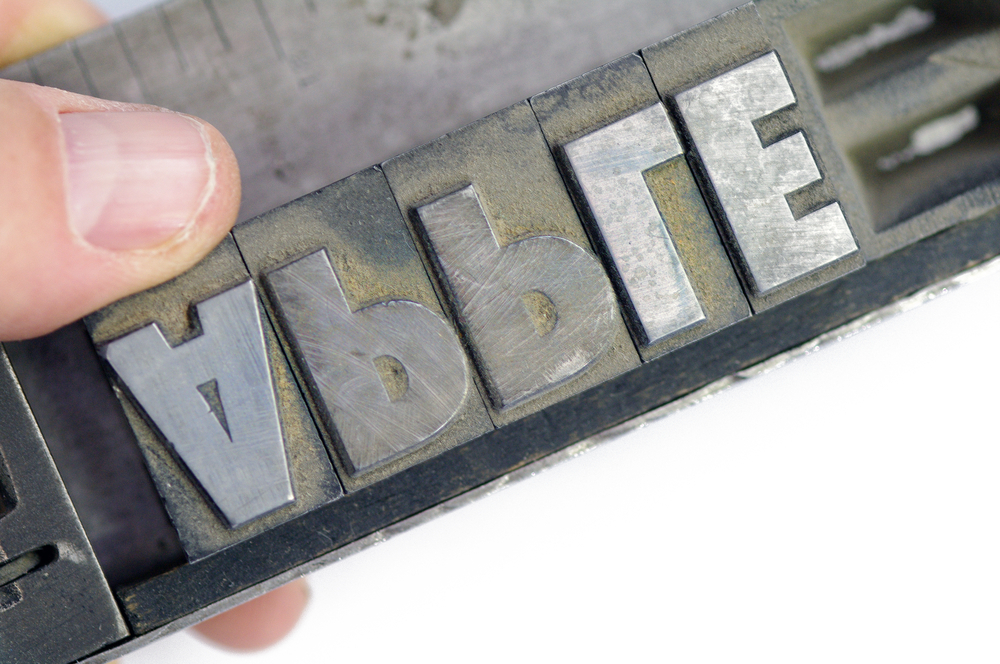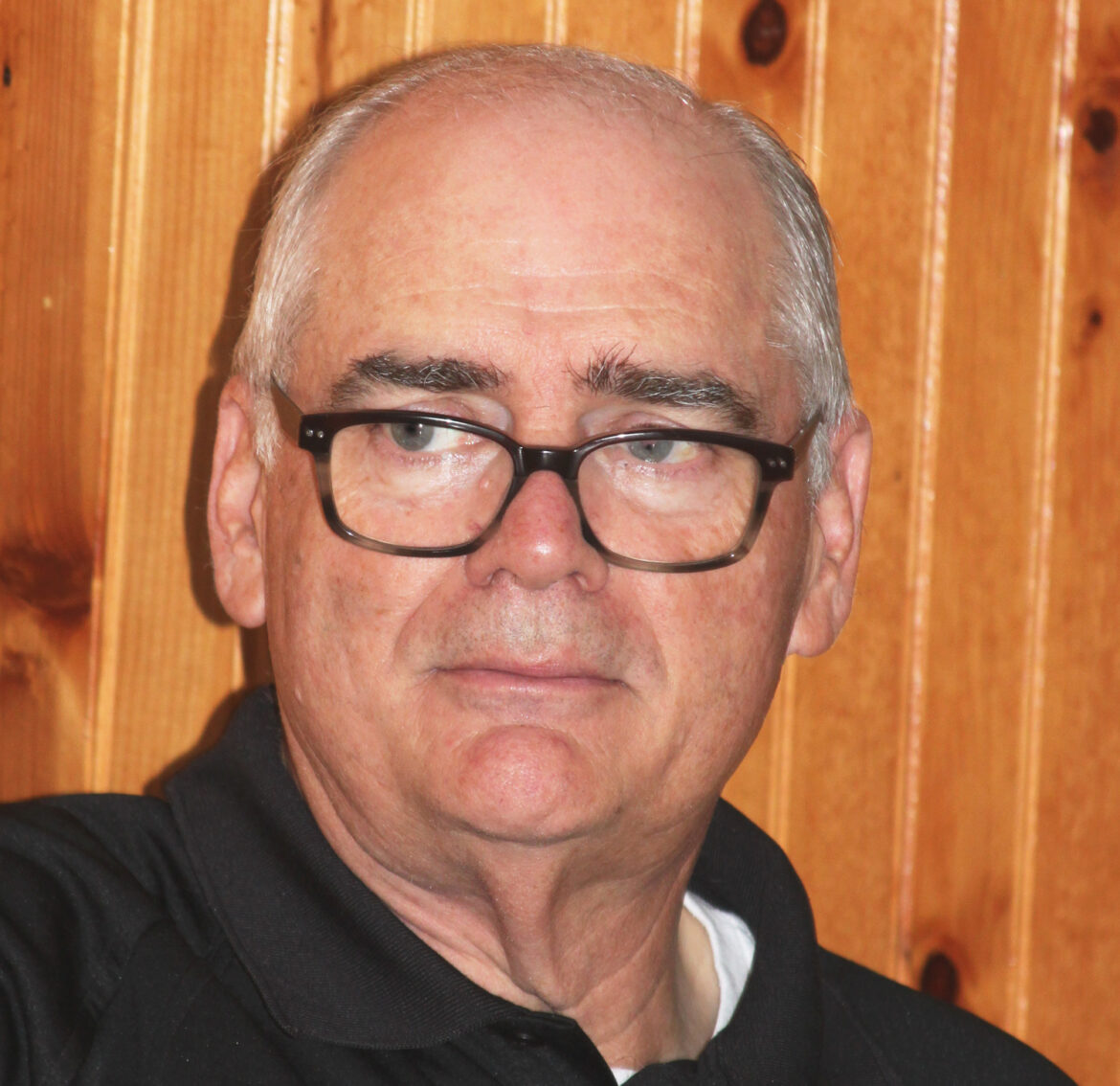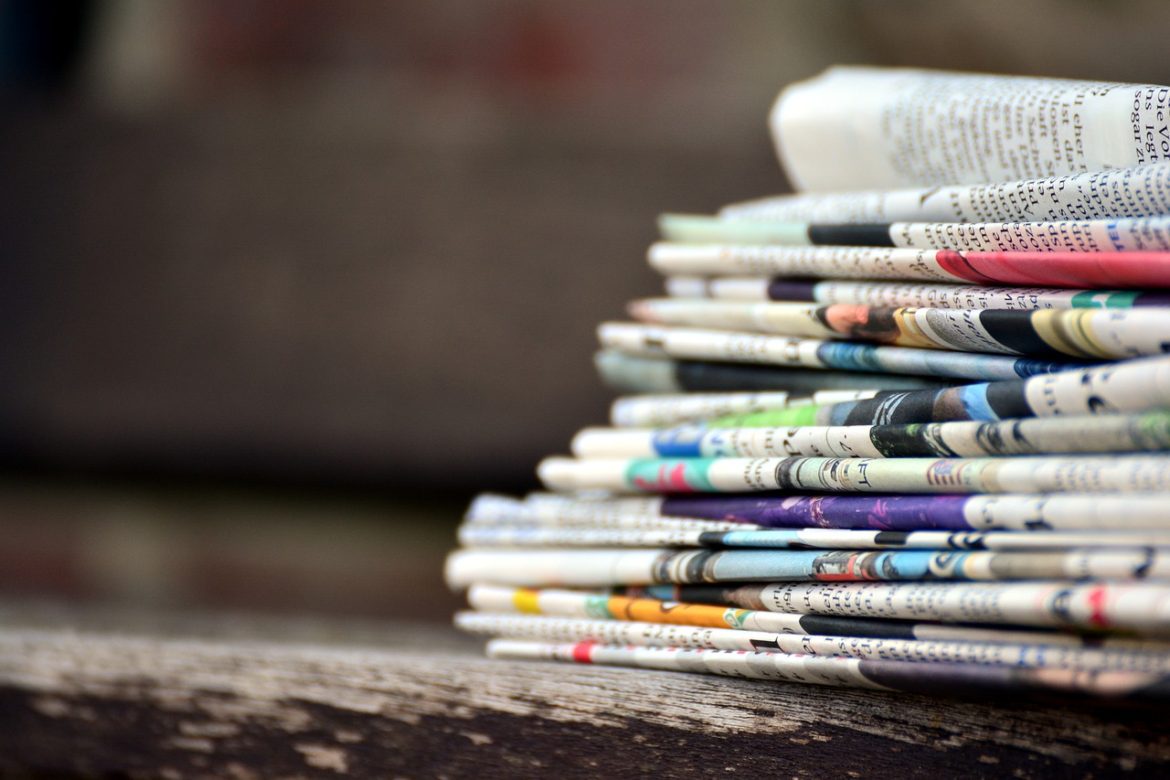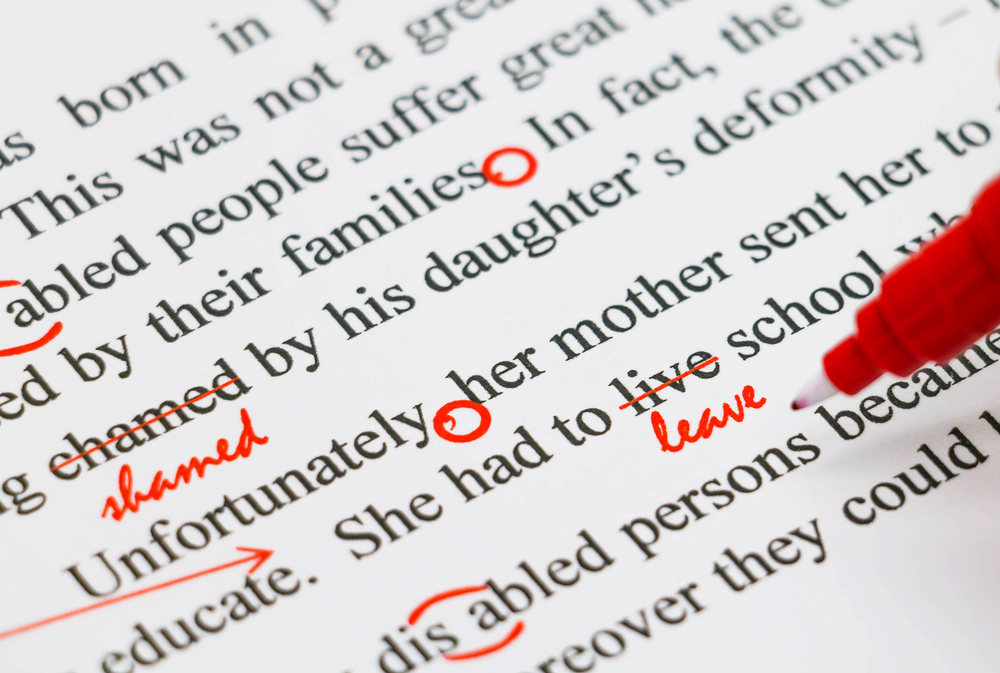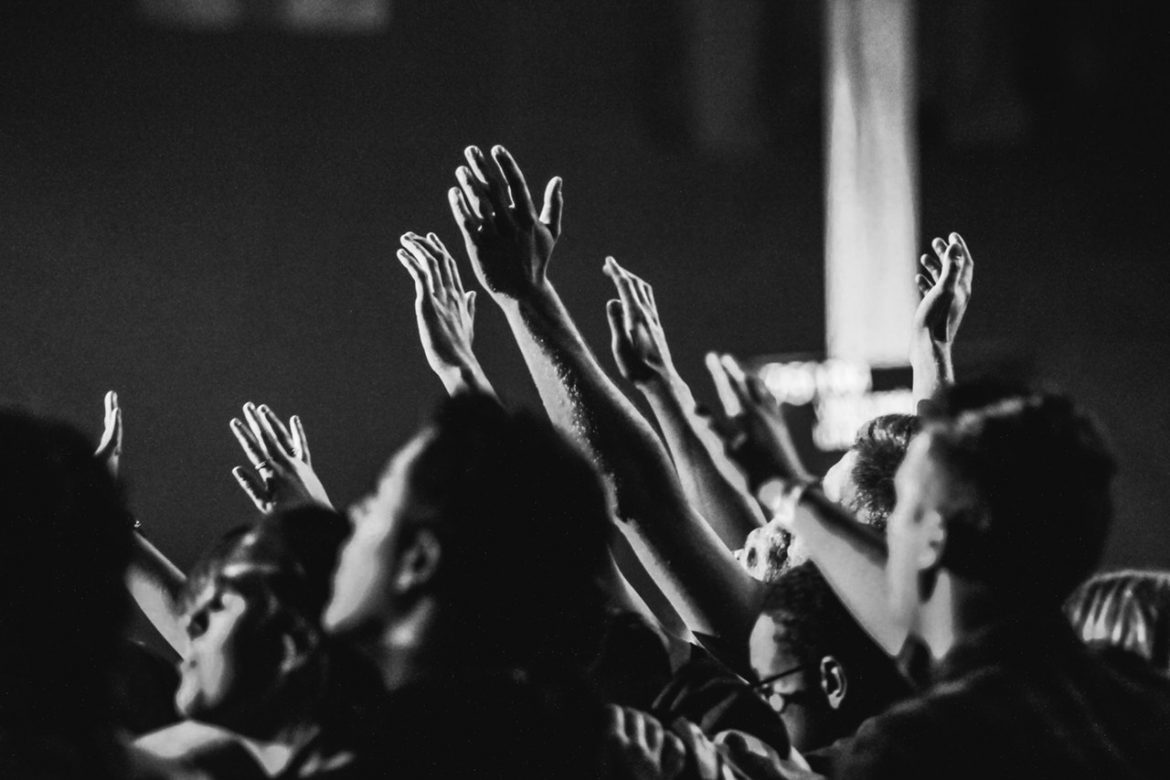During World War II, the question wasn’t if I was old enough to work part-time at the newspaper. The question was “can he spell?” “Does he drive a jalopy that will get him to work?” Recalled my 16-year-old experience when I read there was a shortage of teen-age workers, especially for summer jobs. Also read: putting teenagers to work can go a long way toward increasing their earnings later in life and keeping them out of
Category: Newspapers
Backwards Type
Dear Reader, Oops. Last blog Taverna, we chopped off the chorus borrowed from Peggy Lee’s song “Manana.” Glitch reminded me of my 1940s newspaper days. Back when the linotype operator set in lead–a ‘slug’–my words on metal about eight inches wide and two inches high. Then the printer, who wore a leather apron and usually hung a cigarette off his lower lip, stacked the reversed words into a steel frame the size of a newspaper
Emojis
“Boil the fat out of the copy,” said Journalism Professor Ken Byerley. He taught “less is more” to we students at the University of North Carolina at Chapel Hill. When I was a cub reporter, my Abilene Reporter-News editor Frank Grimes constrained himself to one typewritten page when he typed an editorial. Yes, he did keep margins wide. If ‘Mister G’ still had more to say, he twirled another piece of paper into his typewriter
Tom Kraycirik -30-
“This is the eleventh hour,” Tom said that morning in Chapel Hill. My student and a classmate–Community Journalism 301–needed to pay $500 for his University of North Carolina final semester’s tuition. Tom arrived at my 1972 teaching assistant office (I was a Ph.D candidate) seeking a loan. He knew I owned half interest in a Texas semi-weekly. I didn’t say no, but suggested he might indenture himself—go to work at his hometown newspaper if the publisher
Filibusterer
Remembering Professor Dr. Don Shaw, the Chapel Hill professor who assigned this PhD candidate to read the 1830 New Orleans Bee. A good friend and colleague who died recently. Dr. Shaw was working on a journalism research paper about the origins of Confederate identity as developed in newspapers of that time. The foreign country in the story I read was Texas. The Texas Filibusterers’ ship sailing from New Orleans, headed for Galveston, was boarded
The Press
After I spent 21 years of my life working at newspaper and television stations—not counting earlier editing of my junior high school, high school and college newspapers— my Alma Mater paid me less to teach journalism students. Truth is, would have paid the university because—as Rudyard Kipling’s poem says—I had “sold my heart” to the old dark art called the daily Press. Sorry to say, some graduated journalism students may have forgotten my teachings. Some I
Final Exam First
Editing for Newspapers and Magazines was a new journalism course to teach at Chapel Hill for this aging PhD candidate. But I started daily newspaper editing at age 17. Passed editing and edited the newspaper as a University of Texas student. My students soon learned what I had learned from some demanding editors. When you came to class, lectures were short. There was a textbook. But most of the time students edited copy, wrote headlines,
No Good News
For my money, some earned working on a daily newspaper, I rank editing a weekly newspaper the hardest job in journalism. That’s based upon my two weeks as the substitute editor of the Edna Herald. Edna located 93.93 miles south of Houston. In the same Jackson county with Ganado, the town next door to Louise. Saying goes …a man bound for Laredo, spent the night in Ganado. He slept, if you please, between Edna and
All News is Local
Let’s start with an email from a former Chapel Hill journalism student, Kevin Bullard: Someone I know had a cousin pass from the virus Monday. I remember something you told us back in school: “All news is local.” I’ve never forgotten that, and look for local connections whenever I hear about something happening far from home. Kevin just repeated what I learned from my 1948 journalism editing professor. Dr. Granville Price taught Texas journalism students
Silent Cal’s Press Conference
The recent Presidential press conference brouhaha reminds me of another presidential press conference. A prominent journalist shared this story during a lunch of journalists and journalism teachers at the University of North Carolina campus in the 1980s. I forget the journalist’s name, who worked for a national publication, but have not forgotten his historical description of one of President Calvin Coolidge’s press conferences. “Silent Cal” Coolidge may have been the first President to hold
